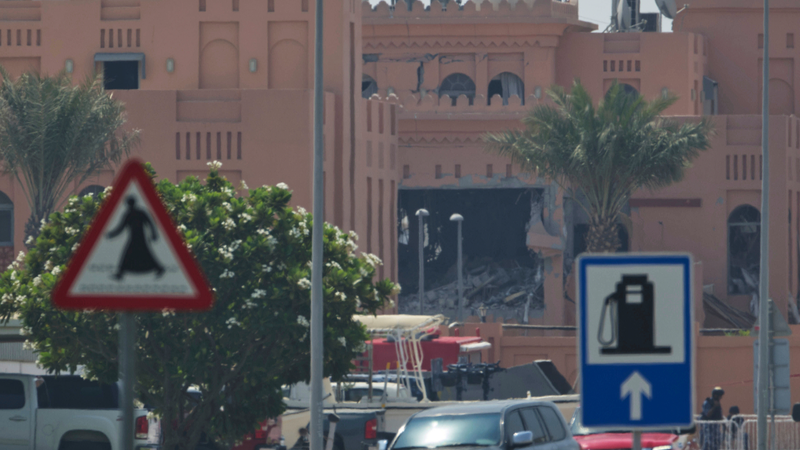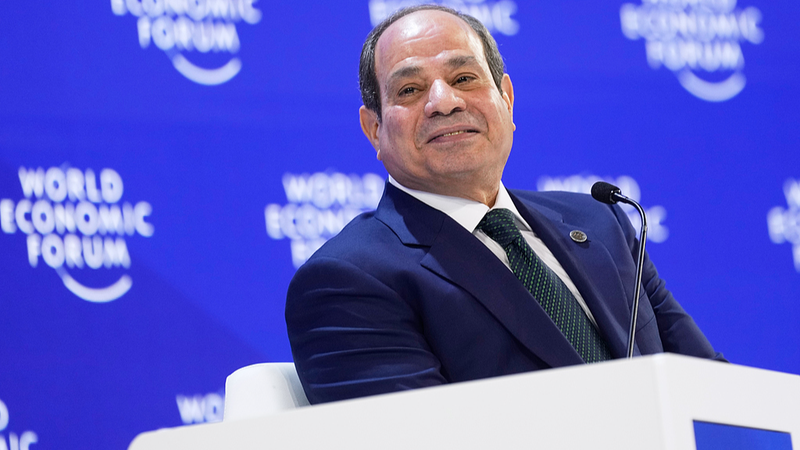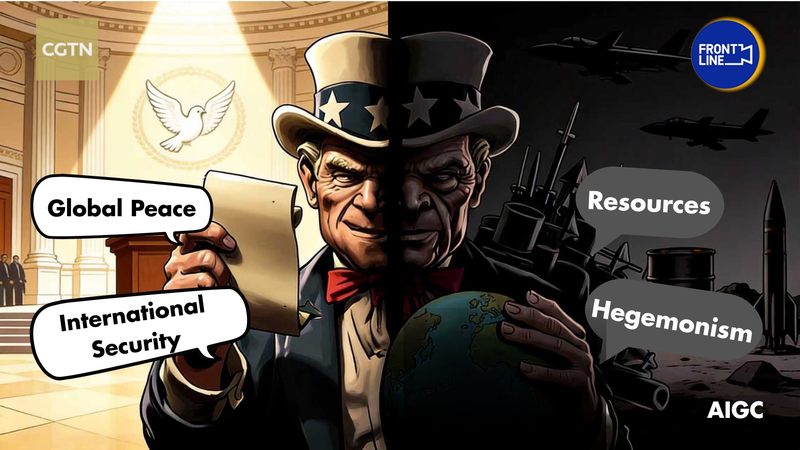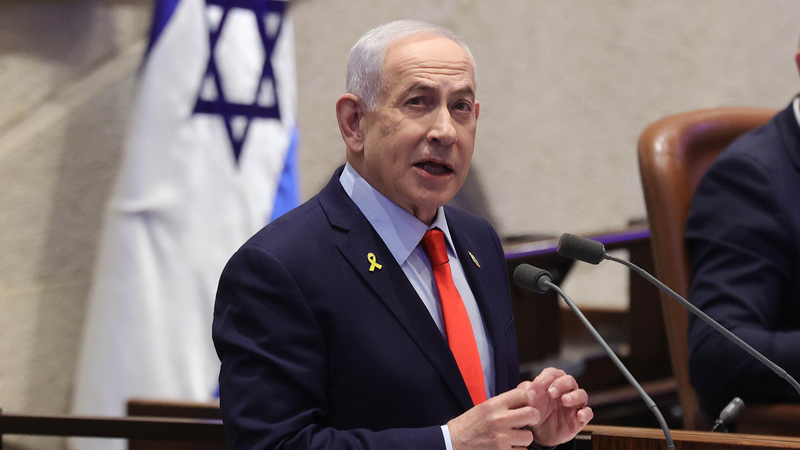Get this: the United Arab Emirates (UAE) just summoned Israel's deputy ambassador, David Ohad Horsandi, after Israel launched an attack on Hamas leaders in Qatar. 🚨
Dubbed hostile and unacceptable by the Emirati Foreign Ministry, Prime Minister Benjamin Netanyahu's sharp remarks and that Doha strike seriously rattled the UAE's nerves – especially since the two countries had been allied under the Abraham Accords. 🤝
Why does it matter? The UAE was the first Gulf Arab nation to normalize ties with Israel back in 2020, paving the way for booming trade, oil deals, and defense cooperation. But even before Tuesday's strike on Doha, talks of annexing parts of the West Bank set off alarm bells in Abu Dhabi, which warned that red lines were in play. 🚩
Netanyahu wasn't holding back either: he warned Qatar to expel or bring to justice Hamas officials or face Israeli action. That ultimatum pushed the UAE to its limit, calling the rhetoric provocative and something they simply couldn't ignore.
With Qatar hosting Gaza ceasefire talks alongside Egypt and the U.S., this strike hit a critical nerve. It also triggered an emergency Arab-Islamic summit in Doha this weekend, where leaders aim to map a unified response. 🌍✌️
The UAE President, Sheikh Mohammed bin Zayed Al Nahyan, even made a surprise trip to Doha to coordinate positions – a clear signal of how high the stakes are.
As tensions bubble in the region, this episode highlights just how delicate Middle East diplomacy can be – especially when words turn into actions. Stay tuned for more updates! 🔥
Reference(s):
UAE summons deputy Israeli ambassador over attack on Hamas in Qatar
cgtn.com




